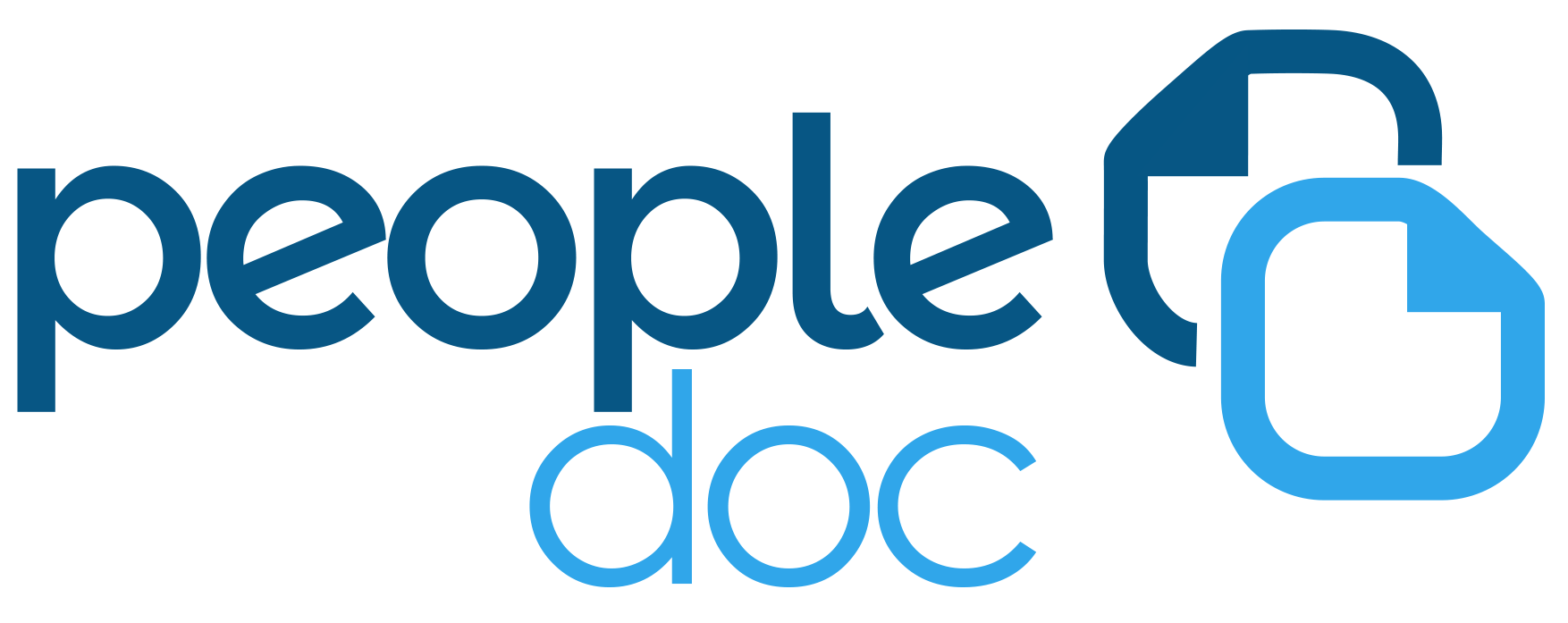Let’s start with a cautionary tale. A major Chicago-based company decided it was time to expand into the Asian market. With success in the USA, the company determined its corporate culture would work in Asia as well. Why not? It had worked in other markets.
It wasn’t the success it hoped it would be, and its disregard for the local culture didn’t sit well with the potential customer base. Within a couple of years at least one Asian government had created a locally-based competitor, quickly swallowing what little market share the US company had struggled to build. The company is now trying again with a rebrand, all of which would have been avoided by working just a little harder to understand the culture of this foreign market in the first place.
I know what you’re thinking – 'my company wouldn’t make that kind of mistake'. But you’d be surprised how often this happens. The process of Brexit is full of uncertainty right now, but it’s likely that UK-based businesses will begin to seek new global markets. Though the idea of a ‘global marketplace’ for goods and services is commonplace, when you get down to the practicalities of setting up and running a business in a new country it can suddenly seem that local business rules and cultural differences turn that ‘global’ idea on its head.
Take the delicate issue of menstrual leave for example. Japanese workers have had a right to menstrual leave since 1947. In China it’s still an issue of debate. In South Korea legislation passed in 2001 allows one day a month. In Taiwan it’s three days a year, and in Indonesia two days a month. That’s just one area of employment legislation where different rules apply, but it’s clear that coming to grips with employment legislation alone requires a great deal of time and research for your HR team – even before your business comes to terms with the very different, wider cultural values that might affect the new venture.
So how do you achieve the right balance between maintaining a distinct corporate identity while assimilating the culture of your new market? The answer is not to compare the new market to your home culture, but to ‘re-learn’ what it means to do business in the new marketplace. One way you can do that is to work with a global employer of record (EOR) service provider, a partner who not only fully understands the culture of the markets where you are hoping to do business, but can also help you to shape your business offering so you begin with the respect of local companies and potential employees.
You need a partner who has travelled to those markets, who has worked with local consultants, and who has an existing network of qualified local providers such as tax advisors and lawyers, giving them a powerful cultural awareness that ensures your business success and guarantees the endeavour is compliant with local legislation. It’s not a case of being a British company taking over the world, but being a global company with ambitions to expand into new markets. It’s a subtle difference, but a critical one.
For many in HR company culture is an essential element to building a successful business. A distinctive culture is still a vital component as you expand into new and very different markets – it just requires sensitivity and, above all, local knowledge to ensure that it works in translation. Whatever the size of your business, by partnering with a global employer of record you’ll not only be working with a company that already understands local employment legislation and has excellent links to all the essential HR support services you need, but the EOR will be much more cost effective and be able to get your business into market far faster than other avenues. Whatever the cultural variations or legal differences in your new market you can take those in your stride, knowing that your EOR partner will take care of them, so you can concentrate on building a vibrant and successful business wherever in the world you choose to set up.
Rick Hammell is chief executive officer of Elements Global Services
















